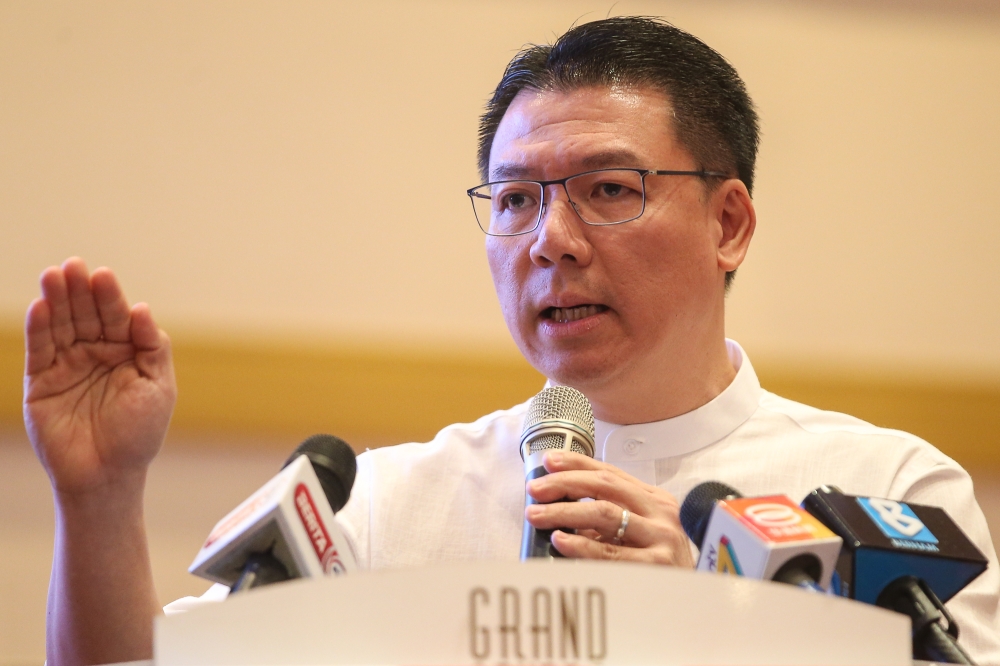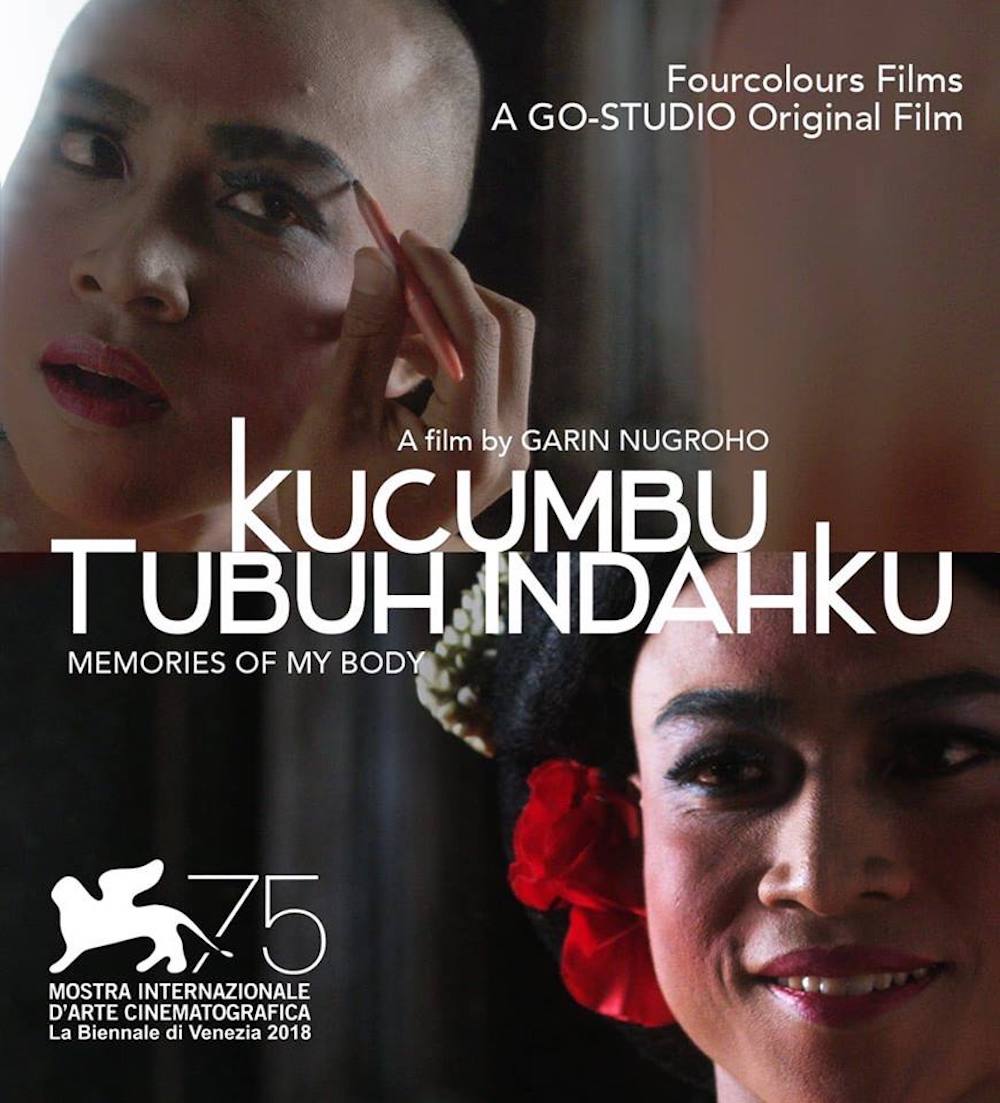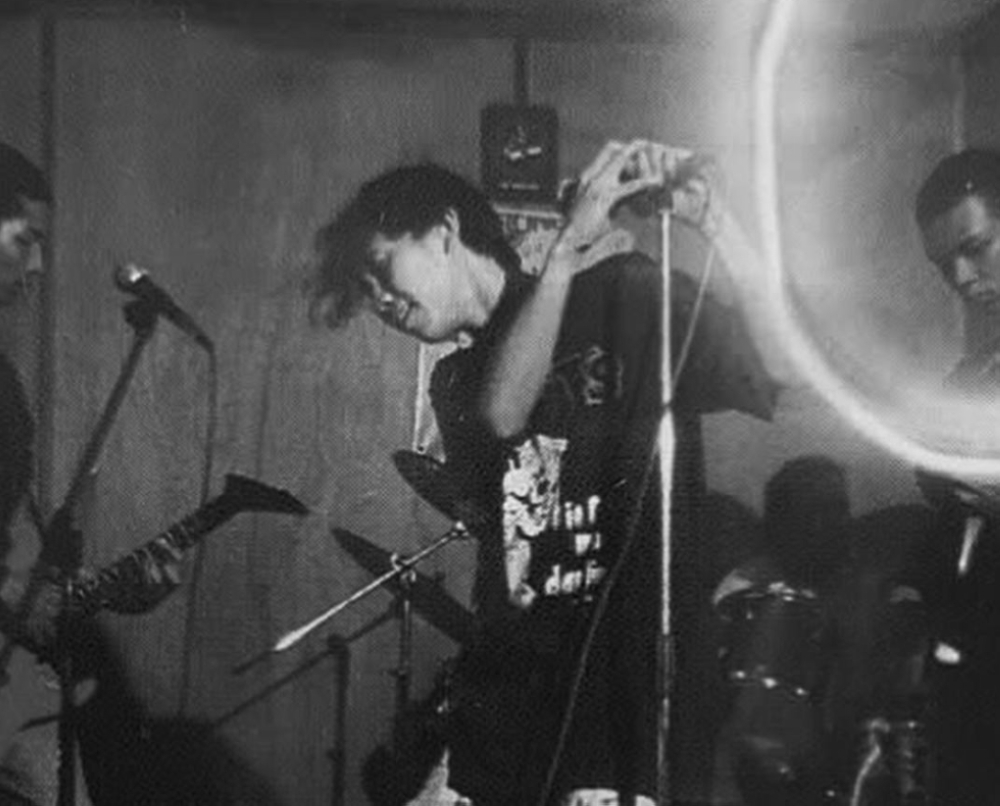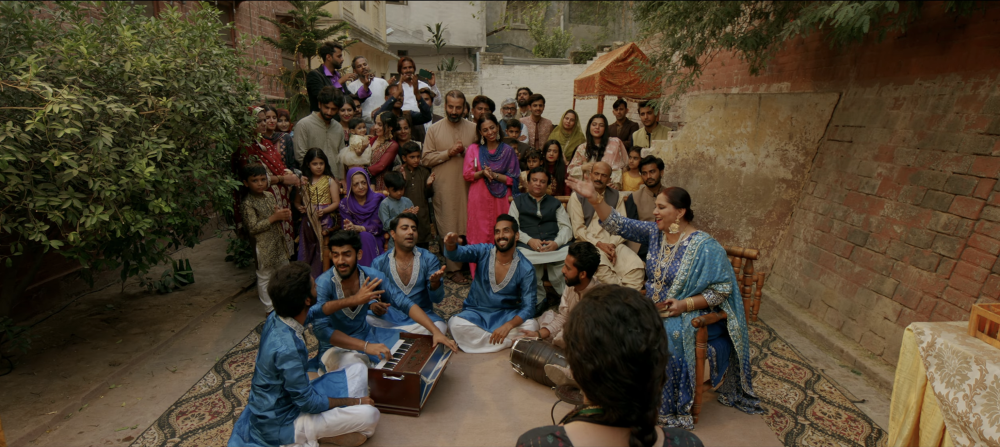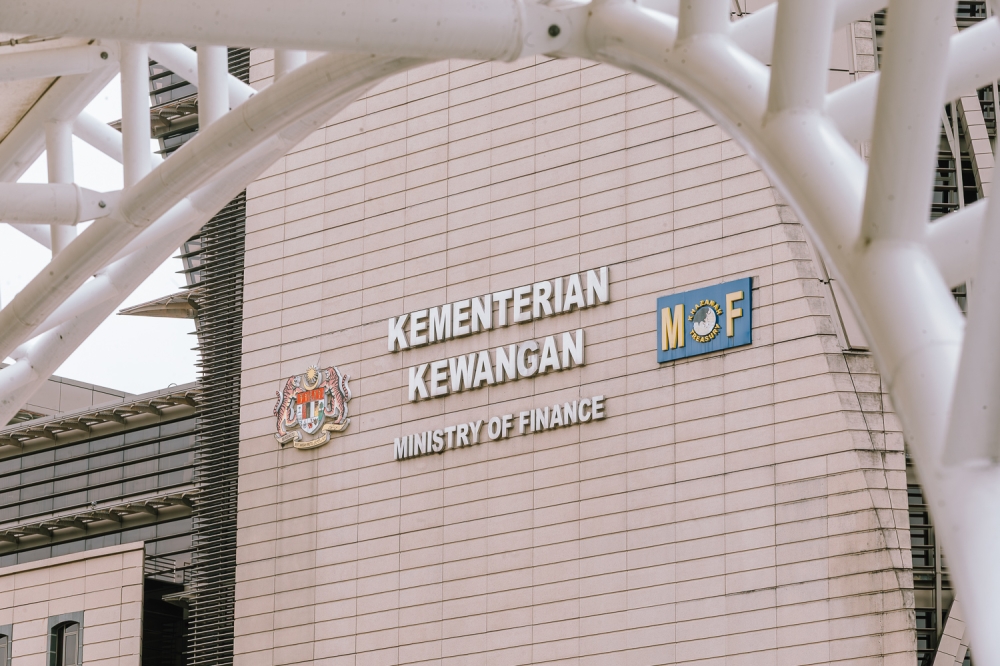KUALA LUMPUR, May 11 — An Indonesian director who received death threats over his latest film warned against a return to authoritarianism yesterday, calling for more debate on LGBT+ issues.
Garin Nugroho’s Memories of My Body, about a male dancer exploring his sexuality and gender identity, has won prestigious awards and been shown at international film festivals.
But its release in Muslim majority Indonesia last month sparked an online backlash by religious conservatives that led to death threats as well as bans in some cities and districts.
“If people ban films, even without watching the film... it will kill the quality of human life, democratisation and cultural diversity,” Nugroho said.
“In Indonesia, the LGBT+ issue... it is time that we discussed this to bring about more understanding about cultural diversity,” he told the Thomson Reuters Foundation.
Socially conservative attitudes prevail across Asia, and deep-rooted biases have hamstrung progress on gay rights.
Myanmar, Malaysia, Singapore and Brunei ban sexual relationships between men, and Indonesia has seen an increase in raids targeting LGBT+ people in recent years.
Homosexuality is not regulated by law in Indonesia, except in the conservative province of Aceh, but the South-east Asian country has a growing number of bylaws targeting LGBT+ people.
Indonesian President Joko Widodo picked Islamic cleric Ma’ruf Amin as his running mate for this year’s presidential election — a move criticized by human rights groups who cited fatwas issued by Amin that condemned LGBT+ individuals.
Memories of My Body was first screened a year ago at the Venice International Film Festival before being released nationwide in Indonesia in April.
It tells the story of a boy growing up in rural Indonesia who joins a centre for lengger lanang — a traditional dance that is performed in pairs and in which men often take both male and female roles — depicting his efforts to explore his sexuality.
Backlash
An online petition that called for the film to be boycotted attracted 71,000 signatures and an influential group of clerics also criticised its release.
The mayor of one city that banned it said the film “may influence people, especially the younger generation, to carry out and justify sexually deviant behaviour”.
“Social media users said the film would be a bad influence on the younger generation and not good for the moral attitude of young people,” Nugroho said, adding that the backlash was bad for cultural diversity and a form of oppression.
Nugroho began making documentaries in 1985 before moving onto feature films in 1991. He has directed 19 movies on themes ranging from Islamic radicalism to economic liberalism and communism.
The 58-year-old is no stranger to controversy — six other films he has made on religion and the government of former President Suharto also drew criticism.
But he said it was the first time cities had called for one of his films to be banned, comparing the rising influence of religion on Indonesian politics to the censorship and oppression the country experienced under Suharto.
Following the backlash to the subject of his latest film, it is now only being screened at three cinemas in Jakarta.
“It is an interesting issue and important issues must be present in Indonesian society to allow people to discuss them,” he said, adding that audience feedback had been positive.
“I always make films about sensitive issues... if it interests me, then I make it,” said Nugroho, whose next project will be a theatre production in Australia. — Thomson Reuters Foundation















